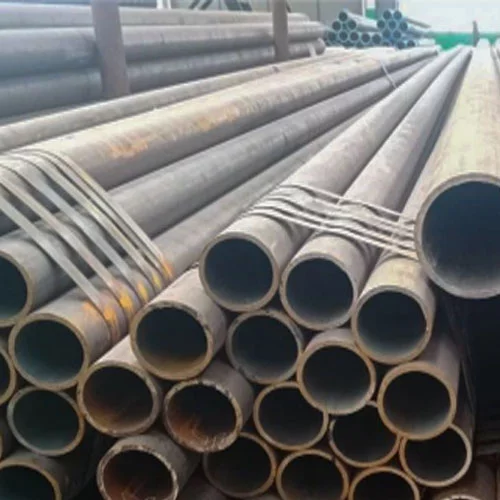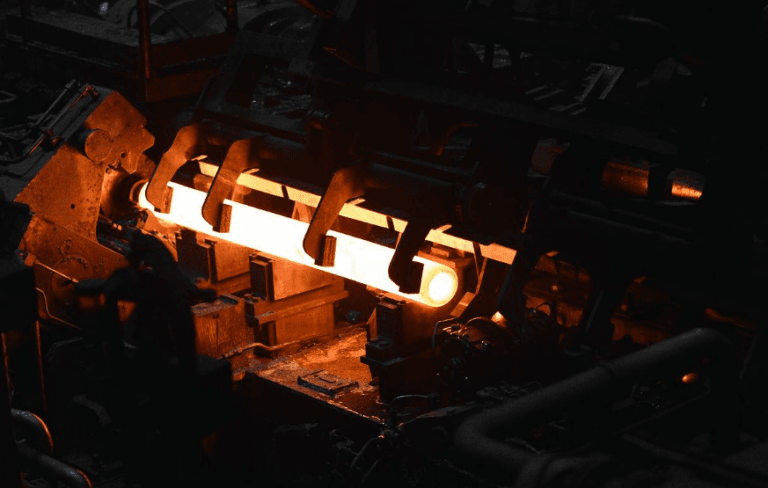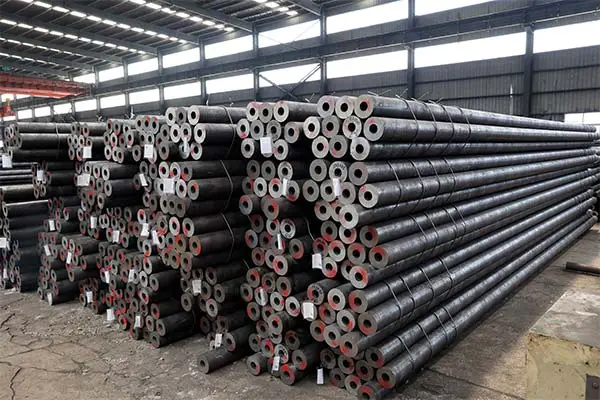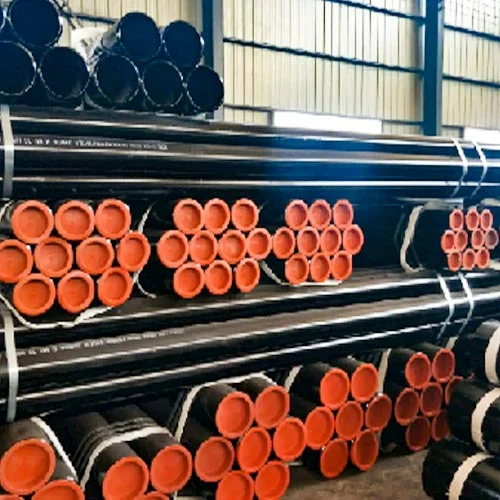Welcome to My Blog!
Before we dive into the content, I’d love for you to join me on my social media platforms where I share more insights, engage with the community, and post updates. Here’s how you can connect with me:
Facebook:https://www.facebook.com/profile.php?id=61559060896490
Now, let’s get started on our journey together. I hope you find the content here insightful, engaging, and valuable.
Table of Contents
Introduction

When it comes to water piping, durability is crucial. Steel water pipes are often favored for their longevity and resilience, making them an excellent choice for both residential and industrial applications. In this blog, we will explore six compelling reasons why steel water pipes stand out in terms of durability, and how they outperform other materials in various environments.
The Strength of these
Steel water pipes are renowned for their strength and robustness. Steel, as a material, is inherently strong, which allows pipes made from it to endure high-pressure water systems, heavy installations, and challenging environmental conditions. Unlike plastic pipes, which may degrade over time, steel pipes can withstand mechanical stress and resist damage caused by impact or extreme conditions.
Steel’s tensile strength ensures that the pipes are less likely to burst or become deformed, even under pressure. This makes them ideal for use in areas with fluctuating water pressures or where heavy-duty applications are required, such as in commercial or industrial settings.
Corrosion Resistance of these

One of the most notable advantages of steel water pipes is their ability to resist corrosion. While steel is prone to rust, the type of steel used for water pipes—such as galvanized steel—offers a protective layer that prevents oxidation and corrosion. In addition, certain steel pipes come with special coatings or treatments to enhance their resistance to corrosion, making them well-suited for both underground and above-ground installations.
Galvanization, a process where steel pipes are coated with a layer of zinc, significantly extends the lifespan of steel water pipes by protecting them from environmental factors such as moisture and pollutants that typically lead to corrosion. For regions with high moisture or water with corrosive elements, steel water pipes provide a reliable solution.
Heat Resistance and Durability
Steel water pipes have excellent heat resistance, making them suitable for use in a variety of temperature extremes. Whether in hot climates or areas with cold winters, steel maintains its integrity under temperature fluctuations better than many other materials. Plastic pipes, for example, may become brittle in low temperatures or warp under excessive heat, leading to leaks and damage.
Steel pipes can also endure high-temperature water, making them a preferred choice for industrial applications where steam or high-temperature fluids are involved. This versatility makes steel water pipes a durable and cost-effective option for both residential and commercial plumbing needs.
Longevity and Maintenance Requirements
One of the standout characteristics of steel water pipes is their longevity. With proper installation and minimal maintenance, steel water pipes can last for several decades without significant deterioration. This long lifespan is in stark contrast to some other piping materials that may need frequent replacements or repairs.
Steel pipes require less maintenance compared to plastic alternatives, which may need regular inspection or replacement due to cracking, warping, or other forms of degradation. The durability of steel means fewer maintenance costs and disruptions, making it a cost-effective solution in the long run.
Steel Water Pipes Are Recyclable

An often-overlooked benefit of steel water pipes is their recyclability. Steel is one of the most recycled materials in the world, and steel water pipes are no exception. When it’s time to replace or remove old pipes, they can be fully recycled into new products, reducing the environmental impact compared to other materials like plastic, which may contribute to waste in landfills.
By choosing steel water pipes, you’re not only investing in a durable and long-lasting solution but also supporting sustainable practices. This makes steel water pipes an eco-friendly choice for modern plumbing systems.
Cost-Effectiveness of these
While steel water pipes might have a higher initial cost compared to plastic alternatives, their durability, strength, and low maintenance costs make them a highly cost-effective option in the long term. When you factor in the potential costs of replacing cheaper materials and the long lifespan of steel, the total cost of ownership is often lower.
Additionally, steel pipes can handle larger volumes of water and are suitable for both low and high-pressure systems, making them a versatile choice for various applications. Whether for residential use or large-scale industrial operations, steel water pipes provide excellent value over time.
Key Features of these
: A Quick Overview
| Feature | Steel Water Pipes |
|---|---|
| Material Strength | High tensile strength for added durability |
| Corrosion Resistance | Galvanized coating or specialized treatments for protection |
| Heat Resistance | Resists high and low-temperature variations |
| Longevity | Can last decades with minimal maintenance |
| Recyclability | Steel is fully recyclable |
| Cost-Effectiveness | Lower total cost of ownership over time |
Conclusion

Steel water pipes are durable, cost-effective, and versatile, offering long-term performance that surpasses many other materials. By choosing steel, you’re investing in a piping solution that offers strength, resistance to corrosion, and a reduced need for frequent replacements.
If you’re planning a new water piping system, consider steel for its exceptional durability and long lifespan—start your project today!
FAQ
Are these more expensive than other materials?
Steel water pipes can have a higher upfront cost compared to materials like PVC or copper, but their long lifespan and low maintenance make them a cost-effective option in the long term.
Can steel water pipes be used for both hot and cold water?
Yes, steel water pipes are suitable for both hot and cold water systems due to their excellent heat resistance.
How long do these last?
With proper installation and maintenance, steel water pipes can last several decades, sometimes even up to 50 years or more.
Are there any environmental benefits to using these?
Yes, steel is fully recyclable, making it an eco-friendly choice compared to other materials like plastic.
How do these resist corrosion?
Steel water pipes, particularly galvanized steel, are coated with zinc to prevent rust and corrosion, enhancing their durability in harsh environments.




